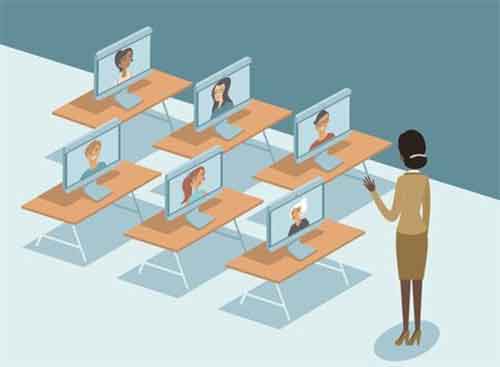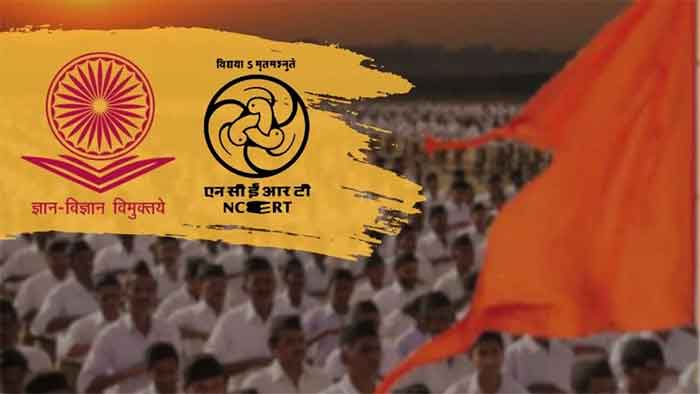Co-Written by Afaq Ahmad Mir & Zaraq Jahan

It is a time when people from every section of the society are talking of a single discourse known globally as Covid-19. This pandemic has spread all across the globe and is contaminating humans, filling societies with fear, anxiety, horror and creating a new social stigma. Meanwhile, organizations from diverse backgrounds are rapidly and efficiently collecting data and information of this deadly disease all across the globe and also making sure that all the necessary precautions are taken to prevent the spread of this virus. However, this pandemic has and is still affecting the lives of masses all over the world and is creating imbalance in their daily social activities. Among the affected groups, an eye towards persons with disabilities assumes greater loss both in terms of having disability as well as having inaccessible atmosphere because of social isolation. It is also believed that disabled people may share multiple layers of exclusion irrespective of any discrimination experienced by Covid-19 once this pandemic is over.
Initially, this novel corona virus disease originated in Wuhan, China and within the weeks it spread rapidly across the globe. World Health Organization has declared it as a global pandemic and released measures and preventions to deal with this deadly disease. All over the world social distancing is being practiced as an important therapy to lower its speed. Hospitals, shopping malls, educational institutions are being converted in quarantine centers for those who are seen to be symptomatic. Everywhere, lockdown has been applied as a need of the hour and a majority of the institutions are kept closed including educational institutions. UNESCO recently reported that around 166 countries have closed educational institutions that affected more that 85 percent of the enrolled population. In developing countries like India, this has increased the challenge of coping with the provision of better quality education for all.
In India, Covid-19 got attention as a national emergency in mid February and Prime Minister announced lockdown of the whole country on 25th of March 2020 as confirmed Covid-19 cases were seen from many cities of the country. According to recent reports, Maharashtra and Delhi has more cases than other provinces. Both states are known for being as an education hub of the country. After announcing lockdown, all educational institutions were closed including schools and universities.
However, the present government took initiative measures by facilitating universities in taking intensive strategies in order to protect the education of students. This is being done by placing order for universities to initiate online classes. On one hand, this technology led teaching has provided an ease to deal with the ongoing situation but on the other it has negatively affected students coming from the disadvantaged sections of the society. In this article, we wish to draw your attention towards impact of Covid-19 upon the education of persons with disabilities. We decided to write this article after talking to some students with disabilities narrating their experiences of online teaching in India.
Online teaching has been welcomed by both educators and students as an opportunity to get acquainted with the technologically led advanced learning system like that of the western countries. However, e-teaching when put before those who are not much aware about the virtual system of education, is futile. People with disabilities mostly fall under the category of vulnerable groups. In academia, people with disabilities face many problems related to accessibility and learning resources. In a county like India, major population resides in remote areas having less connectivity to internet.
To talk about inclusion of persons with disabilities in higher education institutions, it is important to know that the pandemic affects such people differently and makes them more vulnerable in comparison to others. Apprehending a shift towards online education, Mohammad Ayoub, a student of political science says that, “I am not comfortable with the online system of learning. Usually, I was using my audio recorder to get into the lectures in the classroom. Online classes require a laptop and a smartphone and I am not much familiar with the usage”. Students coming from the marginalized sections of the society face even more difficult challenges. Jadeep Kumar (with visual disability) replied on a phone talk “Online classes are extremely challenging for studens like me in every possible way. People are talking about Skype, Google Classroom, Zoom etc and this has dawned upon me like something that I cant handle to use any of these. My parents do not know what an online class means and my financial conditions do not allow me to buy a smartphone”. Adding to it he said, “it is not just poverty that is an issue but many of us need assistance as we wont be able to use technology on our own”.
So, what can we think about the inclusion of students with disabilities in higher education institutions. There are expected challenges that are faced by these students.. Firstly, shifting classes from face to face interaction to online mode is daunting for those who have visual and hearing impairment. Majority of the students lack internet connectivity and laptops for online classes. Even if they have the required gadgets, it’s difficult for them to use online learning applications. Second challenge faced by disabled students is related to evaluation and assessment. It would be a complex procedure for students with disabilities to understand assignments given online in general as there is no expectation of its significance with respect to the level and category of disability. Moreover, the integrity of honesty in giving online feedback will be a challenge that teachers are going to face while they are in evaluation. The third reason is related to the unavailability of resources for making an arrangement of online equipments, as majority of the students with disabilities are living below the poverty line in India. They are dependent on the lectures delivered in the classroom and cant buy laptops, smartphones, internet connectivity on their own. Fourth challenge that needs to be addressed is related to the mental health of students. As disabled students face multiple psychological problems due to negative attitude of the society and system, they are more prone to getting depressed due to lack of facilities to deal with this situation of uncertainty.
Keeping the above challenges in mind, the authorities must take it seriously and come up with possible solutions of the issues responsible for the exclusion of students with disabilities. If the agenda of online classes is ‘no compromise on equality of education’, then universities must look carefully that no one should left behind in this great hour of need. Along with the promising equality of education, the allocation of resources and training of online learning of all students must be a priority of both administration and government. Thus, in order to facilitate students with disabilities, all universities need to setup a special taskforce who with time identify the potential needs of students and thereby design clear directions for faculty members in taking online classes, midterm exams, assignments and projects.
All universities must also consider some flexibility for those who are unable to participate in online course due to certain reasons. University counseling centers must locate their students with disabilities and ensure their services online in ways accessible to all of them. Evaluation and admission processes need to be upgraded with online facilitation for students with disabilities in accessing their course results and registration process. We must have hope to get through this pandemic soon but with the right planning and decisions for the future of our nation in general and persons with disabilities in particular considering their equal right barriers.
Authors Information
Afaq Ahmad Mir is a Research Scholar Department of Sociology Aligarh Muslim University, Aligarh
Email: [email protected]
Zaraq Jahan is Research Scholar Department of Sociology Aligarh Muslim University, Aligarh
Email: [email protected]
SIGN UP FOR COUNTERCURRENTS DAILY NEWS LETTER
















































